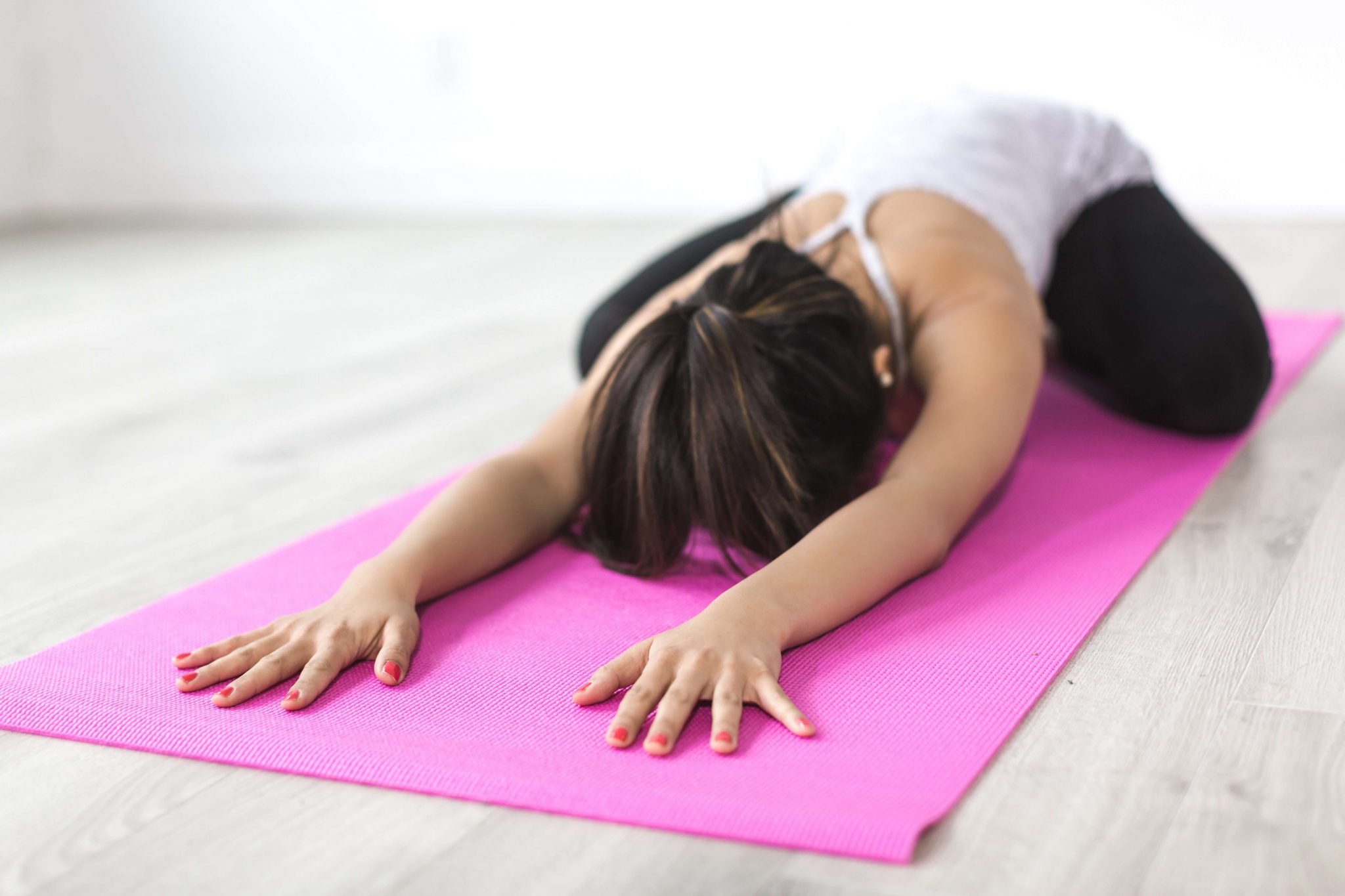
Modern life can be very hectic, which can lead to us all experiencing varying levels of stress. The results from a 2018 Mental Health Foundation poll show:
- In the past year, 74% of people have felt so stressed they have been overwhelmed or unable to cope
- 46% reported that they ate too much or ate unhealthily due to stress
- 29% reported that they started drinking or increased their drinking
- 16% reported that they started smoking or increased their smoking
As stress is something that can affect everyone, it’s important to know how to manage and reduce stress. At Bluecoat Sports we have created a list of our top five ways to help. As a health and fitness club, we aim to support both our member’s mental and physical health with our service and classes.
Our tips to manage and reduce stress
Cut your caffeine intake
One simple way to manage stress is to minimise your consumption of drinks containing caffeine, such as coffee, tea and fizzy drinks. As caffeine works as a stimulant it will actually increase your heart rate and can increase your level of stress.
A good alternative to caffeine drinks is drinking water, herbal teas such as mint tea which is naturally caffeine free, and diluted natural fruit juices.
Put down that doughnut!
Another thing to reduce (or avoid completely) is foods containing refined sugars. These are contained in many pre-packaged foods and can cause your energy to crash after a sugar rush which will make you feel more tired and irritable.
In essence, the aim should always be to eat a healthy, well-balanced and nutritious diet with lots of fresh fruit and vegetables. The more colour the better! Read our Importance of Balance blog for more information.
Get enough sleep
Lack of sleep is a significant cause of stress. Unfortunately, stress also interrupts our sleep which keeps us from relaxing enough to fall asleep. It’s important to avoid caffeine or excessive alcohol which can lead to disturbed sleep.
To help you sleep more and to have a better quality of rest, start a wind down process before going to bed. Try to relax by having a bath, reading a book or whatever works for you. If you stick to a bedtime routine, over time it can train your body and mind.
The amount of sleep needed changes from person to person but most adults need between 7 to 9 hours per night.
Manage your time
We all have a to do list as long as our arm and this can cause major stress as we try to navigate what to do and when. The best thing to do is prioritise the tasks that need to get done first and delegate what you can to those around you.
You can also put a timescale to each one to help you focus. Consider what needs to be done ASAP, next week, next month and so on. This breaks it down to manageable tasks set to realistic time frames, minimising the risk of feeling overwhelmed.
It’s also a great idea to include some ‘me-time’ in your diary for your mental and physical well-being.
Stay active
Physical activity is the best antidote to stress. Just walking for 30 minutes a day will have a huge impact on your mental and physical well-being. Next time you feel stressed or overwhelmed, try and go for a quick walk and get some fresh air to see how this works for you.
Walks and staying active, such as playing sport, will not only help you focus but will also improve your quality of sleep.
How we can help
Our goal is to help promote health, wellbeing and fitness. We want to help! We offer 60+ classes per week so whether you prefer Body Balance or Body Combat there is a class that suits everyone.
Maybe you are in a rut or don’t know where to start, so why not book a review session with one of our amazing friendly fitness instructors and get a personalised programme set up just for you.